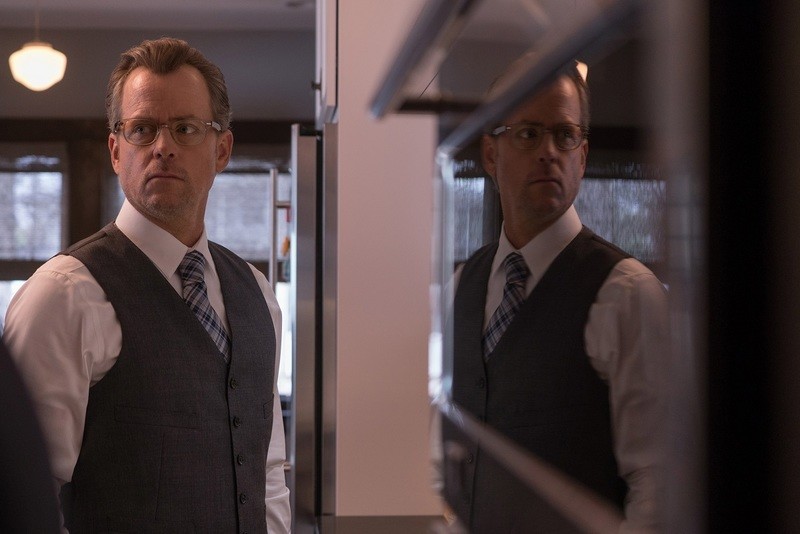
He may have died 35 years ago, but Philip K. Dick’s influence is everywhere in 2018. It’s not just the rippling success of “Blade Runner 2049,” the growing fan base of Amazon’s “The Man in the High Castle,” or the Dick-influenced “Black Mirror”—he now literally has a show with his name on it, a star-studded anthology series that adapts (sometimes loyally, more often very loosely) ten of his short stories. “Philip K. Dick’s Electric Dreams” premieres this Friday in its 10-episode entirety on Amazon’s increasingly-interesting streaming service. The show was co-produced by Ronald D. Moore, a hallowed name in sci-fi television for his work on several iterations of “Star Trek,” “Battlestar Galactica” and “Outlander.” As with all anthology series, “Electric Dreams” is hit-and-miss, but the hits far outweigh the misses. A large majority of “Electric Dreams” is worth your time, especially if you’re a fan of Dick’s work, with only one episode that really misfires, offset by one that’s a mini-masterpiece. And the eight in between are what could safely be called “pretty good.” Given the wild peaks and valleys of “Black Mirror,” to which this show is sure to be compared, the consistency here makes for arguably a better series overall.

“Electric Dreams” is closer in tone to “Blade Runner” than “Black Mirror.” By that I mean that these ten episodes feel less reliant on “Twilight Zone”-esque twists and more concerned with philosophical issues about what it means to be human. They’re less likely to serve as cautionary tales of tech addiction (as Charlie Brooker’s show does) than they are to question the complexity of the human race. For example, there’s more than one episode this season (“Father Thing” and “Human Is”) that feature “Invasion of the Body Snatchers”-esque plots in which a loved one may or may not have been replaced by an alien. Would you know if your husband or father weren’t exactly the same as they were the day before? What would you do? These are stories more interested in intangible things like fate, memory, regret, and grief than anything else. And several of the episodes are particularly timely in their updates, including a terrorism allegory in "Safe and Sound," and none more so than Dee Rees’ “Kill All Others,” which is basically about political mob mentality and accepted racism in an increasingly-less democratic state.

There’s little point in going through all ten episodes but I’ll pick out a few highlights in case you only want to watch the best of it. Don't miss these four:
Brian Tallerico is the Managing Editor of RogerEbert.com, and also covers television, film, Blu-ray, and video games. He is also a writer for Vulture, The Playlist, The New York Times, and GQ, and the President of the Chicago Film Critics Association.





